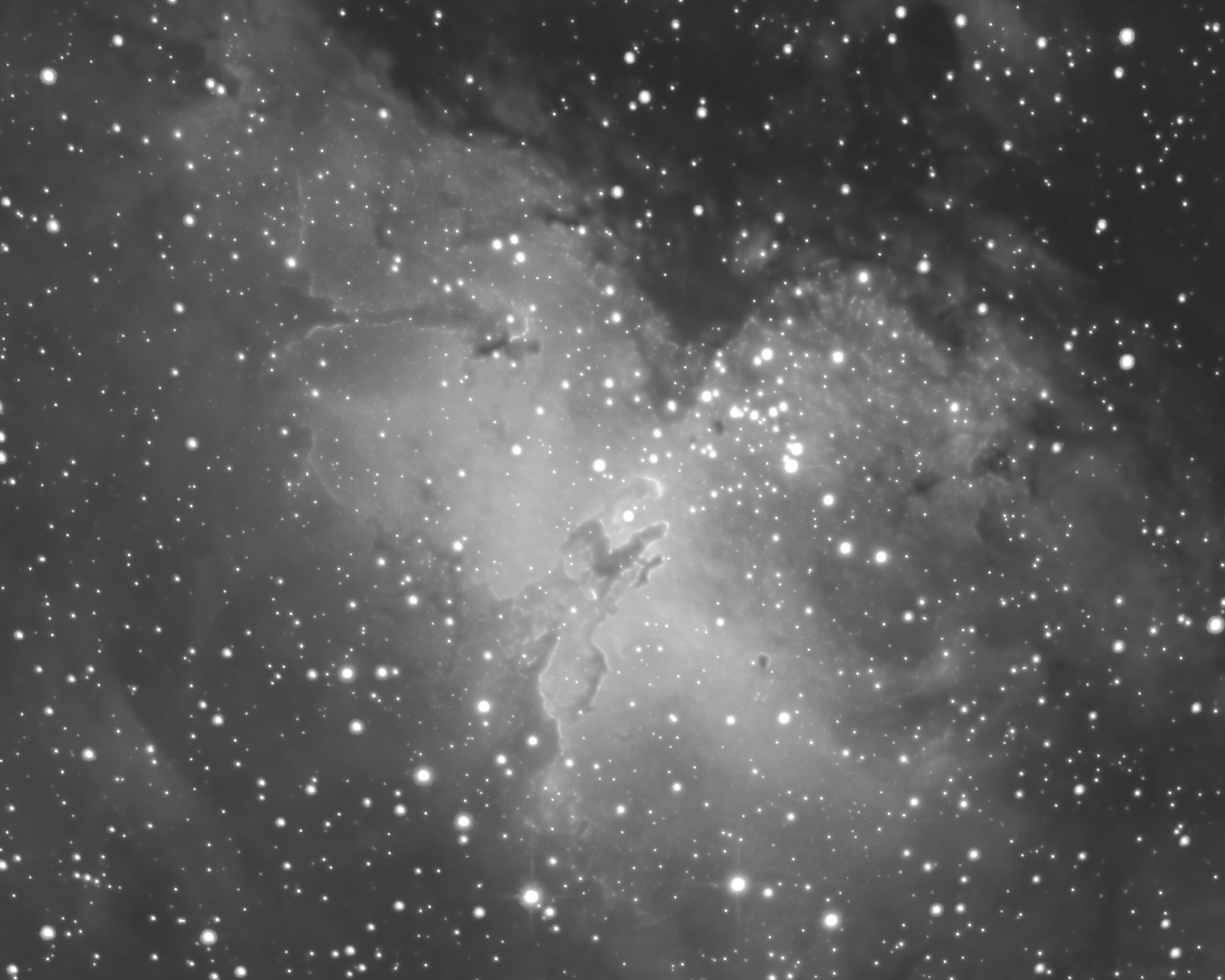-
24P Schaumasse
Read more: 24P SchaumasseThe comet 24P Schaumasse photographed between 01:34 and 04:29 on December 14, 2025, (local time, UT+1) while it was in the constellation of Leo at a distance from Earth of 93,500,000 kilometers and a speed of 35 km/s.
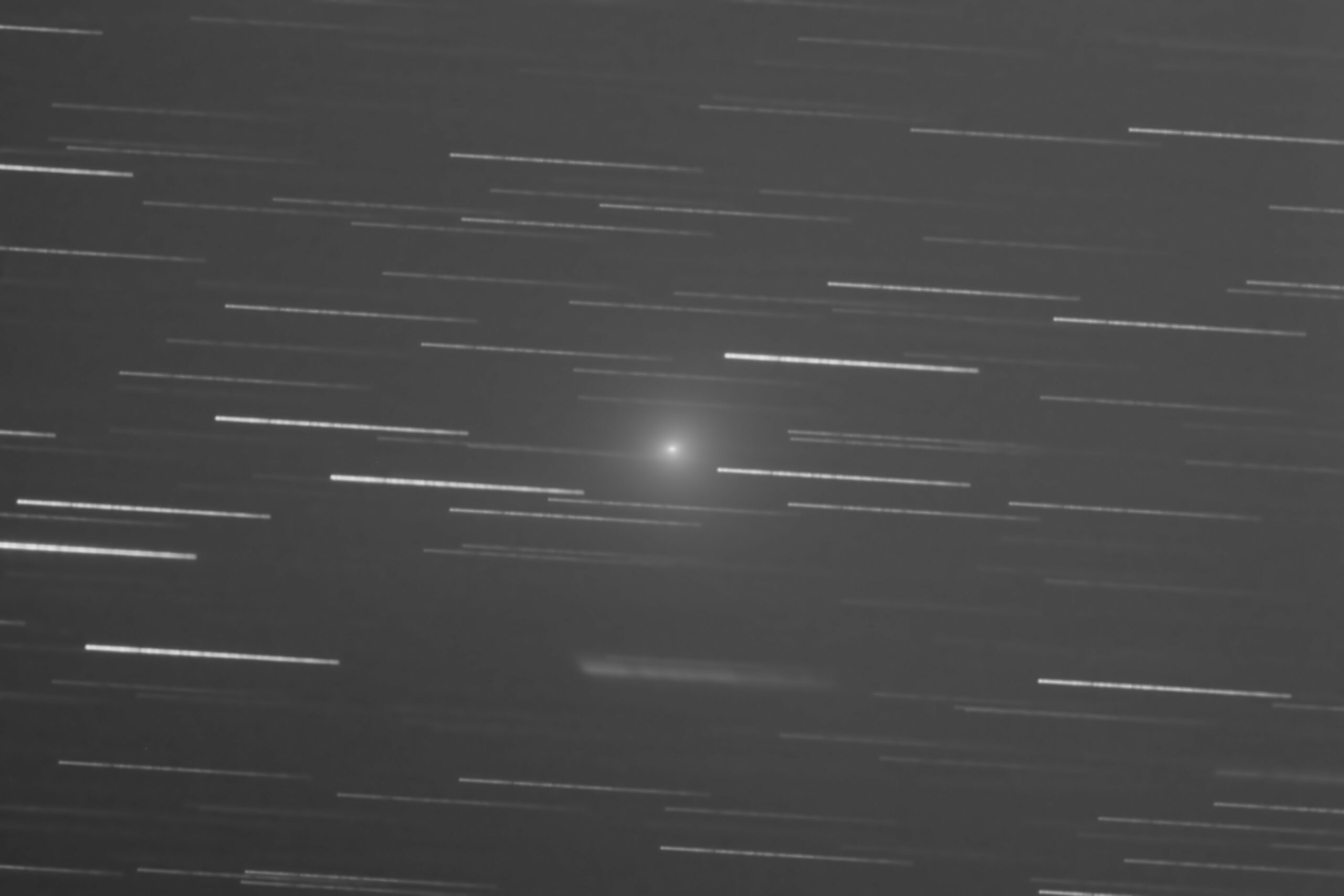
-
NGC 2174
Read more: NGC 2174NGC 2174 is an emission nebula (SH2-252), called the Monkey Head Nebula due to its shape.It is in the constellation of Orion but apparently close to the star Eta Gemini (constellation of Gemini), it is at a distance of 6400 light-years from Earth and is associated with the open cluster NGC 2175.
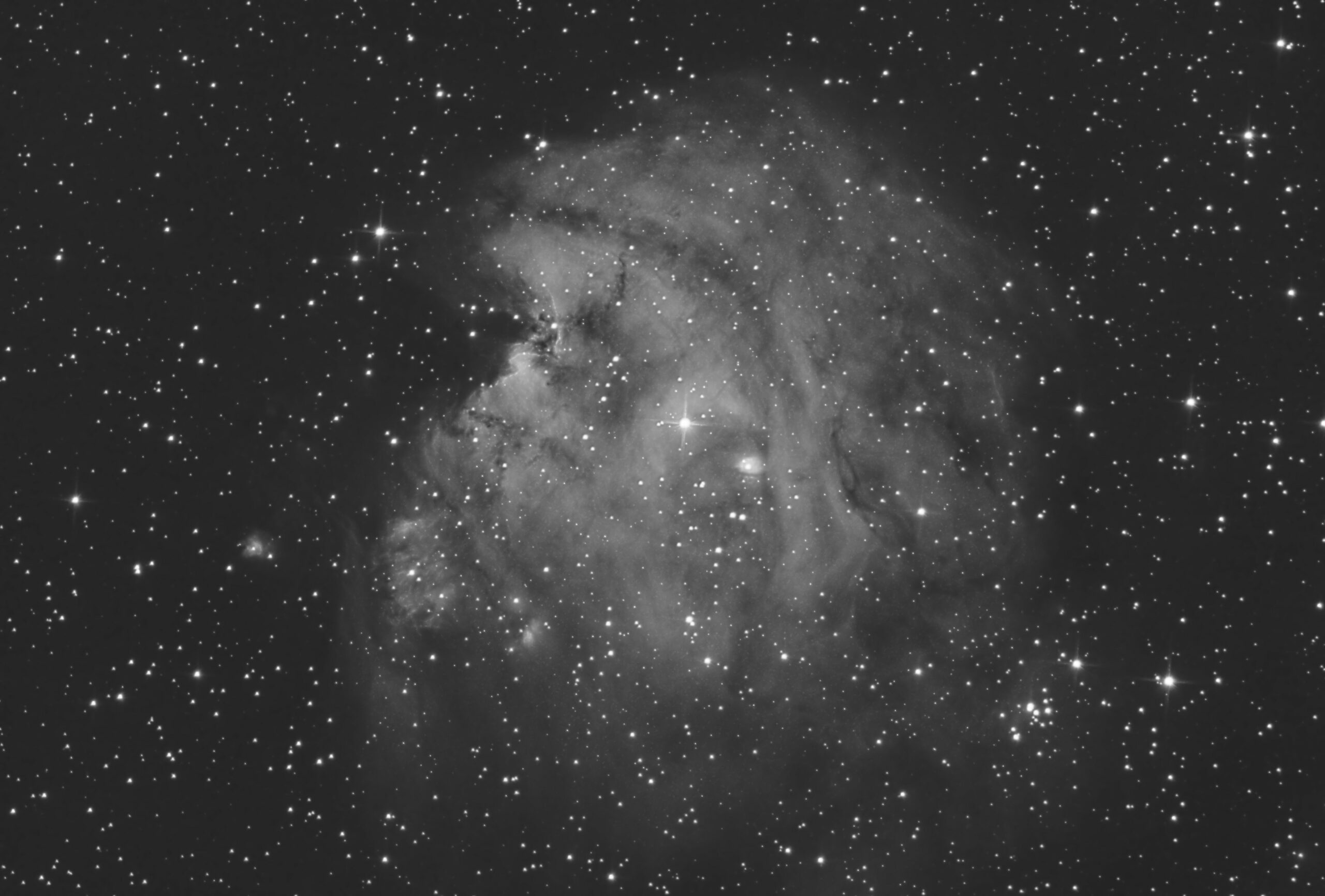
-
M 77
Read more: M 77M 77 (NGC 1068) is a spiral galaxy in the constellation Cetus, 47 million light-years away.
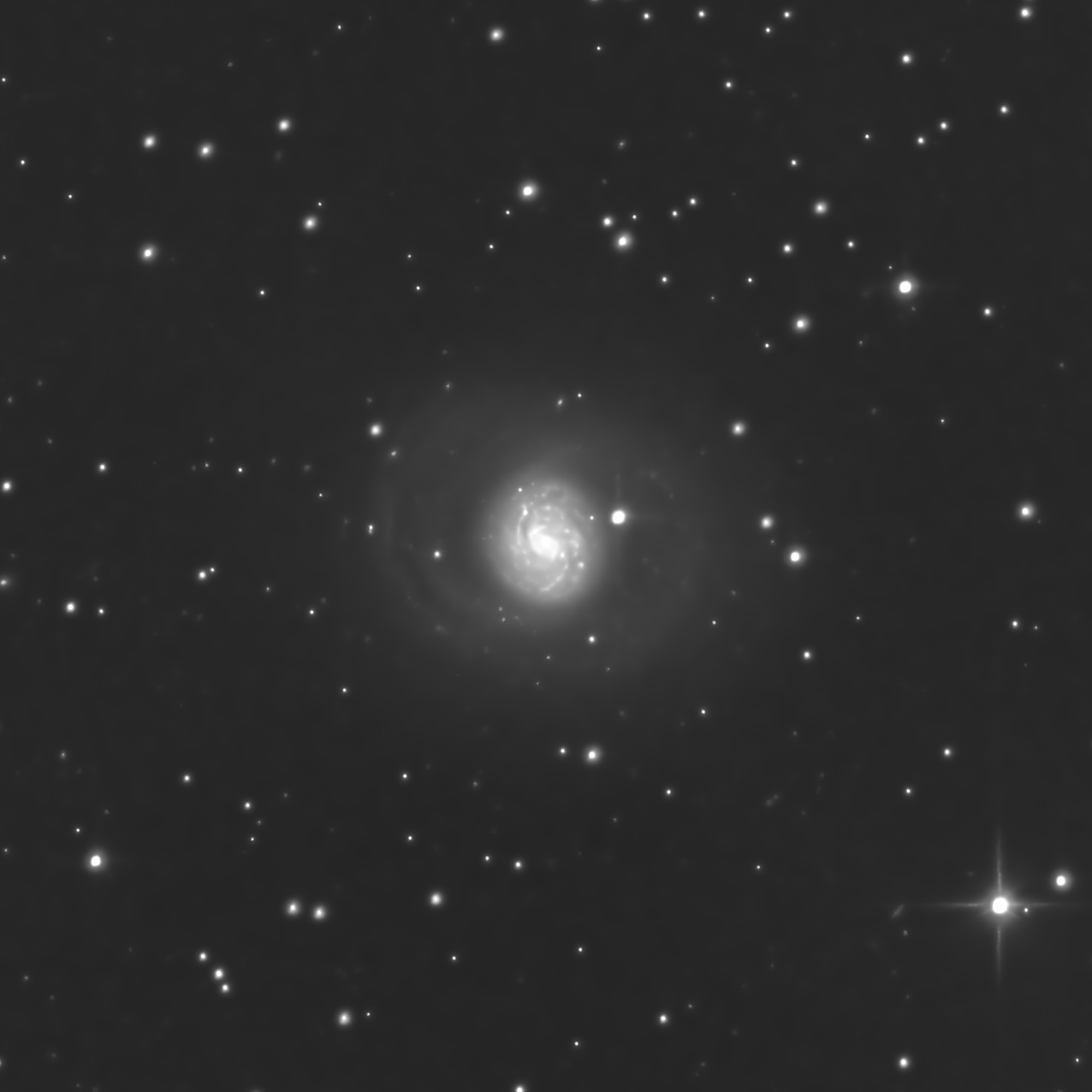
-

-
Moon
Read more: MoonI post some photos of the Moon taken on the night of September 4, 2025. The first photo shows the southwest quadrant of the Moon; at the top left there is Palus Epidimiarum, a flat area crossed by numerous rime slopes, to the right, on the terminator line, there is Schickard crater (227 km in…
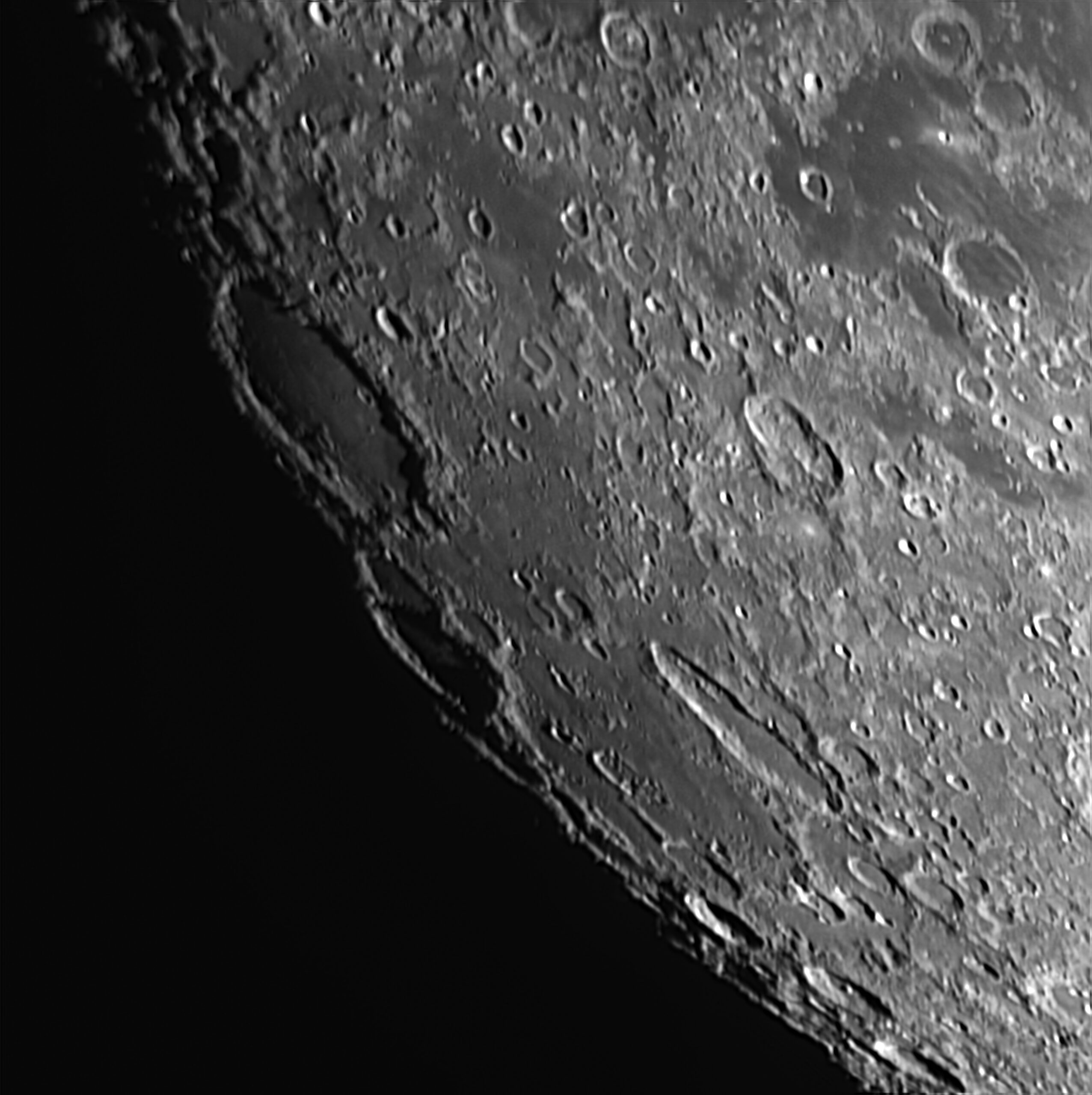
-
A supernova in NGC 7331
Read more: A supernova in NGC 7331SN 2025rbs is a Type Ia supernova (a binary system) discovered on July 14, 2025, in the spiral galaxy NGC 7331, in the constellation Pegasus, at a distance of approximately 45 million light-years from Earth.

-
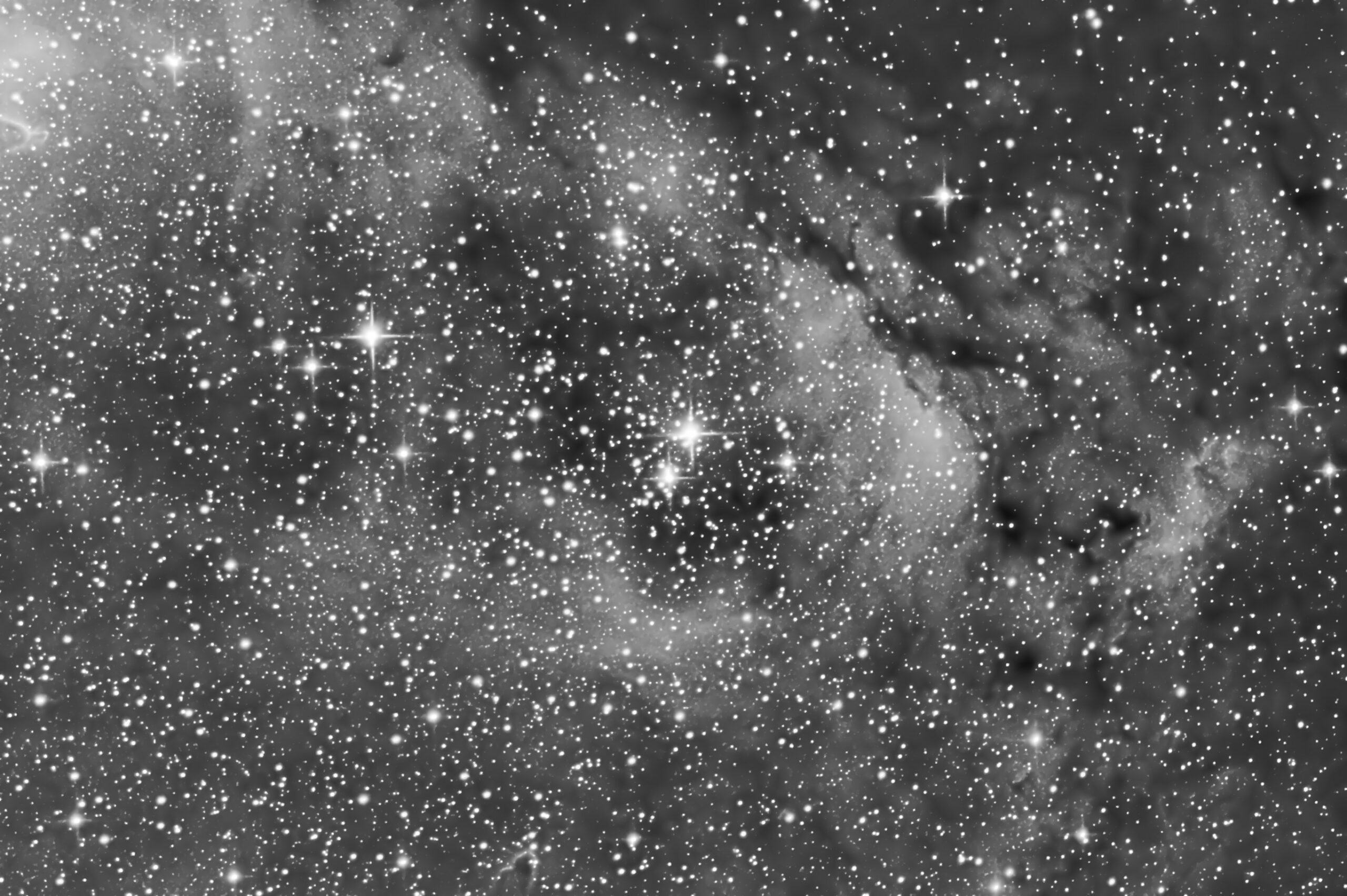
-
SH2-142
Read more: SH2-142The emission nebula SH2-142 in the constellation Cepheus, also called the Wizard Nebula, and the open star cluster NCG 7380.
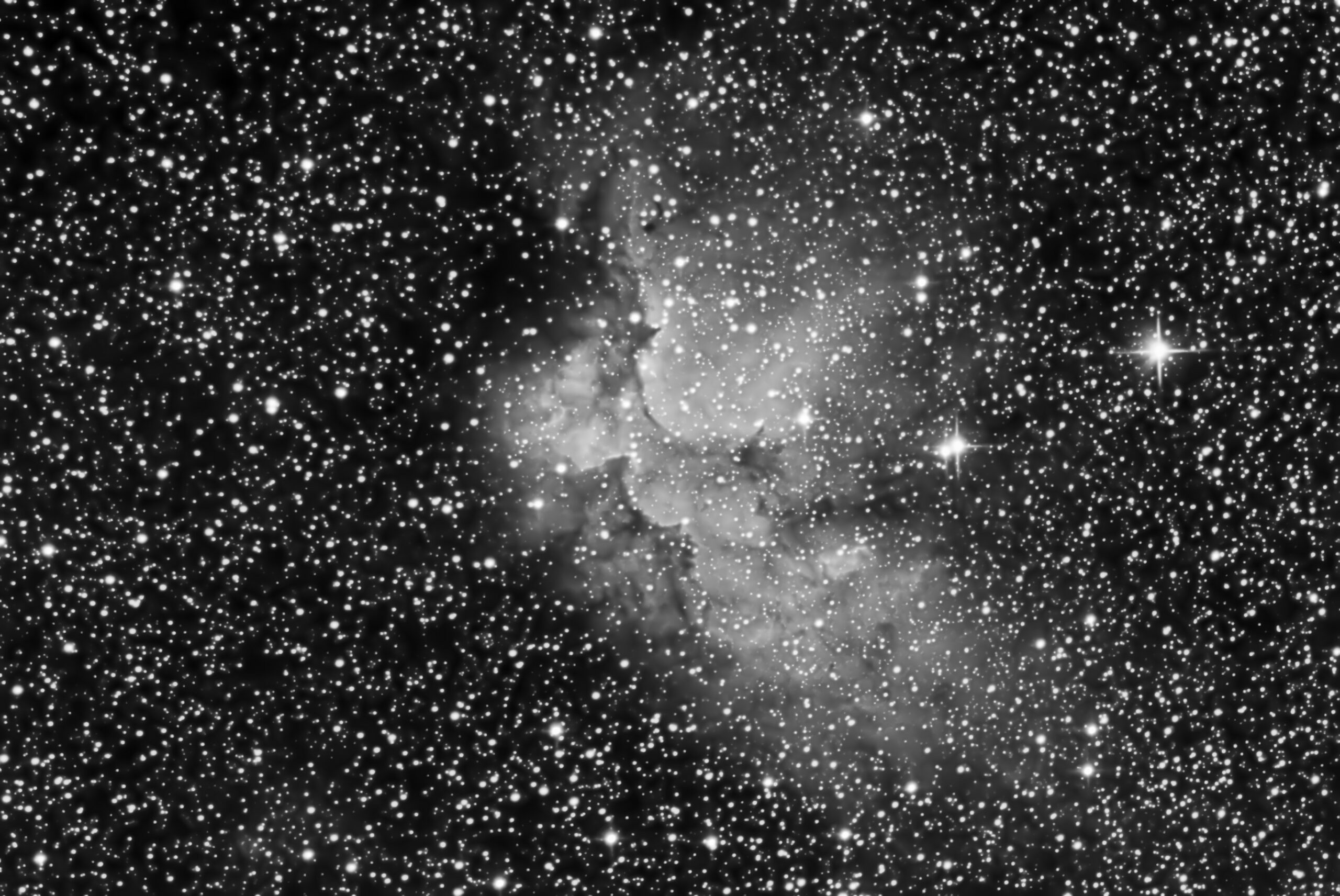
-
NGC 6992
Read more: NGC 6992NGC 6992 is one of the brightest portions of the Veil of Cygnus, a large supernova remnant located in the constellation Cygnus, an estimated 1,200–5,800 light-years from Earth.The explosion that generated it dates back approximately 10,000–20,000 years, and the interaction of the shock wave with the interstellar medium produced filaments of ionized gas.The photo was…
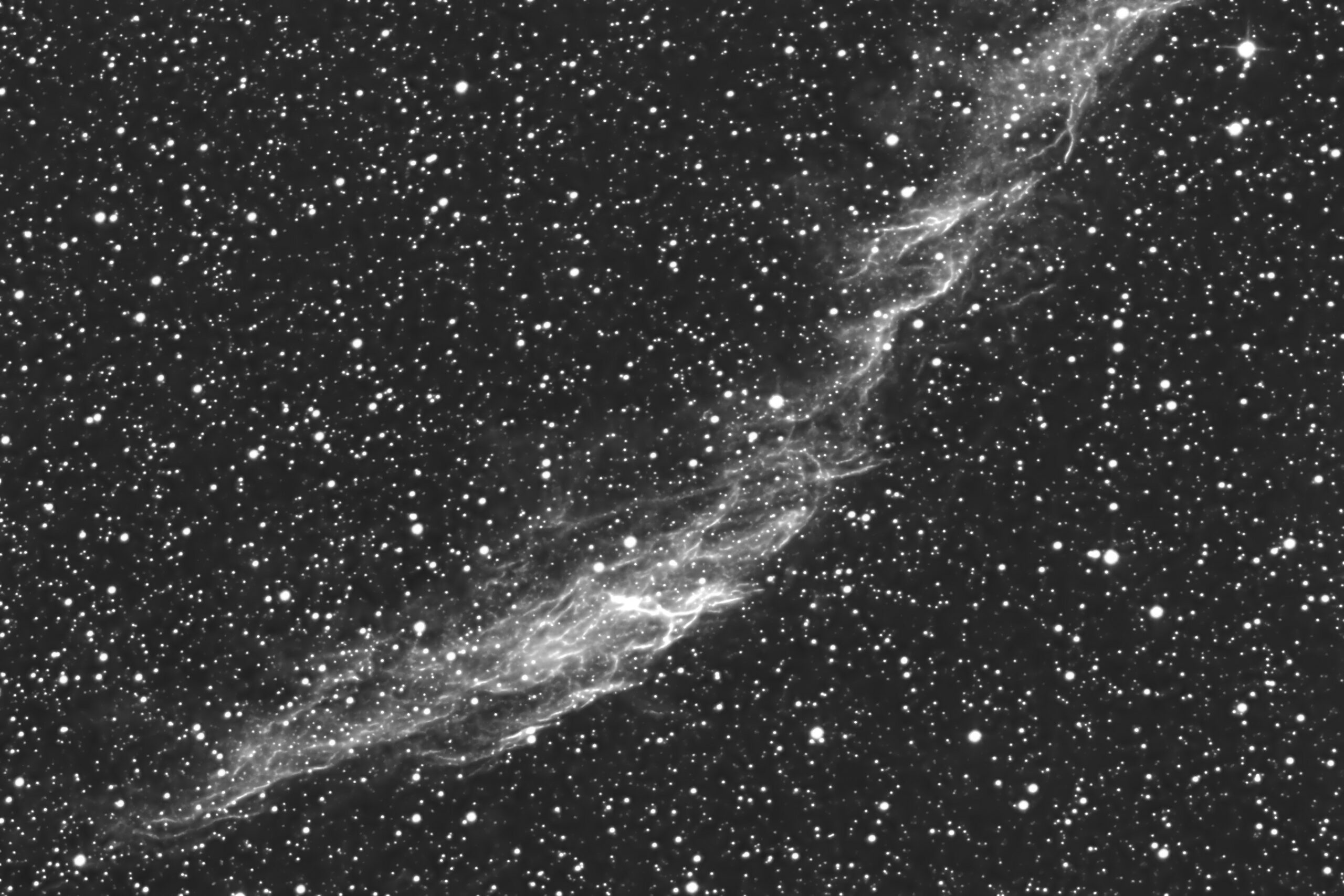
-
M 16
Read more: M 16The Eagle Nebula, catalogued as M 16 is an emission nebula in the constellation of Serpens and inside it, in addition to the star cluster NGC 6611, there is also one of the most famous astronomical images: the Pillars of Creation.
